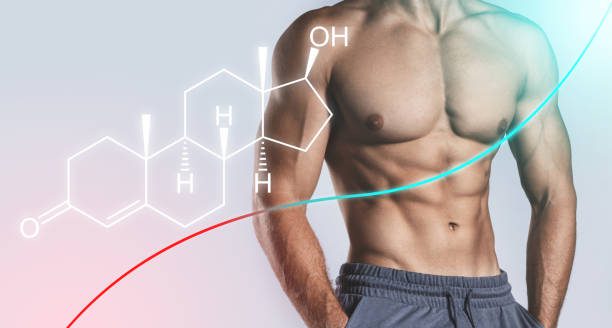This is a “to the point” article on what I share with my patients as we discuss the pros and cons of testosterone treatment for men. This conversation typically comes about because of a patient complaining of:
fatigue, being tired often
No drive, no motivation to do the things they would like to do
Feeling more grumpy or frustrated
Loss of muscle mass
Noticeable loss of stamina with exercise and even daily activities
General weakness
Lower libido
This list does not include every symptom but many of the common ones. I intentionally put low libido last because many of the guys I treat may have that concern, but they are just as concerned, and often more concerned, that they have not get up and go. They are people who want to be active. They want to workout, exercise, and do activities with their friends and family but they just do not have the stamina or drive to make it happen. They are not depressed, they just energetically don’t have it.
We try to talk about various factors that may play in to this such as sleep schedules, dietary habits – especially too much sugar, stress, lack of exercise, toxins, as well as other hormones and conditions. We look at labs to see if low testosterone is a possibility along with other potential causes such as blood sugar and thyroid. If the testosterone labs are low and correlate with symptoms, we talk about options for testosterone.

